October 5th, 2017
(Continued from the October 2017 issue of The Biographer’s Craft)
Turning to subject matter, the Chronicle of Higher Education forum noted that most acquisitions editors are overwhelmingly white and asked participants if this affects what gets published. The answers varied widely. For his part, Kulka offered this observation about race and publishing: “The enormous success of Ta-Nehisi Coates’s books demonstrates there’s a real need and desire to read about race in this country from the perspective of writers who are not white. This is [a] good time, I think, to be writing a life of a writer or political figure who isn’t white. I wish I had right now a terrific biography of James Baldwin, to give one example. Is it time yet for a new biography of Zora Neale Hurston? Presumably someone is at work now on a biography of the late Nigerian writer Chinua Achebe?”
Looking at the financial side of university presses, Kulka said that a big New York trade house will typically offer a larger advance than a university press, but “this isn’t always the case, especially if we’re talking about a critical biography that plays to a university press’s strengths and interests.” How much a university press is willing to spend on marketing and publicity depends in part on the publisher’s expectations for a particular title. “A book for which a publisher has small expectations will receive less editorial and other support . . . than one for which the publisher has high expectations and, of course, not every press has the same resources. A university press that has annual revenue of, say, $20 million is likely to be able to do more for the promotion of a book than one that has revenue of $2 million.”
BIO Members Speak
At the 2016 BIO Conference in Richmond, board member Marlene Trestman spoke a bit about her relationship with Louisiana State University Press, which published her biography, Fair Labor Lawyer: The Remarkable Life of New Deal Attorney and Supreme Court Advocate Bessie Margolin. Trestman was neither an academic nor a published author when she began her search for a publisher. But she knew her subject was a good fit for LSU Press’s Southern Biography series, since Margolin had grown up in New Orleans, as Trestman had. Trestman contacted the press with an unsolicited query; she did not have a formal proposal, but she did have an article she had written on Margolin that was published in the Journal of Supreme Court History. As an unpublished lawyer, she was thrilled when the press took an interest in her book, even if the offer did not come with an advance. Grants and a cash award for her article on Margolin brought in some money, but not enough to cover her expenses.
Going into the project Trestman knew a university press would not offer her all the support a trade house would. “I knew I wouldn’t get much and I got even less,” she stated. But balancing out that was the knowledge that she was working with a well-respected press, one that was a perfect fit for her subject.
As she went over her contract with LSU, Trestman realized that she—a lawyer—needed some guidance from someone with a legal background in publishing. She also learned to pick her battles when she wanted to negotiate certain items in the contract. The press ended up giving her what she wanted on several key points. The press was also willing to let her shop the book to trade publishers, after an agent became interested in it, agreeing to keep her on if she couldn’t make a deal.
As part of her “getting less,” Trestman had to turn in a manuscript that was publication ready; LSU was not going to provide editing or many other services. To help polish her work, Trestman hired a developmental editor the press suggested. That editor did more than copy edit; however, the writing was still all Trestman’s. As she wrote the book, she kept in mind her future marketing plan. She asked herself, for instance, “Who is going to love this person as much as I do?” Trestman has found a willing audience among legal and Jewish organizations.
Trestman has arranged book events on her own, and she learned not to rely on LSU Press for support. The press has a “9 to 5” mentality, and rather than having staff there mail out books as needed, she mailed them herself to make sure they reached a destination in time. Despite not getting the help she might have gotten with a trade publisher, Trestman was glad she ended up at LSU Press. “I really achieved what I set out to do,” she said, and LSU has already offered to publish her second book without even seeing a proposal.
For BIO member Carl Rollyson, his latest biography will also be published by a university press. In his Confessions of a Serial Biographer, he outlined some of what he went through to find a home for his forthcoming book on William Faulkner. His agent first approached many trade publishers without success before turning to university presses. At two of those presses, the response to Rollyson’s proposal was that the book was not scholarly enough. That prompted him to do more research and writing. Finally, the proposal ended up at the University of Virginia Press. As usual with university presses, the editor who received the proposal sent it to outside readers. When their reports came back, the editor let Rollyson write a response to each. As Rollyson wrote in Confessions, “The editor was . . . giving me the opportunity to put both reports into context, showing what I had learned from the submission process.”
By the time he got a contract for the Faulkner biography, Rollyson and his agent had spent almost two years trying to find a publisher. They were told over and over that literary biographies don’t sell, especially one as long as Rollyson’s. In his final proposal, the book had grown to 200,000 words. He explained in Confessions, “Even university presses are now reluctant to take on long narratives, no matter how engaging.” The University of Virginia Press requested that he cut 20,000 words. In the end, the process showed him the importance of believing there is an editor somewhere who is willing to buy his books. “After all,” he wrote, “it only takes one.”
Finally, TBC Hawaii correspondent Felicity O. Yost shared some insights on a university press in her state: University of Hawaii Press. The university has an active program in writing biography, and its Center for Biographical Research publishes Biography: An Interdisciplinary Quarterly. The press there, she said, publishes a significant number of biographies. “They do tend to be about Asians or haoles (non-native Hawaiians, usually white) who made their mark in Hawaii or Asia.” The subjects can include royals, Japanese persons interned during World War II, missionaries, famous musicians and hula-dance composers, surfers, politicians, and sugar plantation owners. While many of these subjects, Yost explained, can be “a lot of people that you and I have most probably never heard of,” the press has a significant market in Asia, as well as in the United States, “publishing biographies of people that mainland trade or university presses would never touch.”

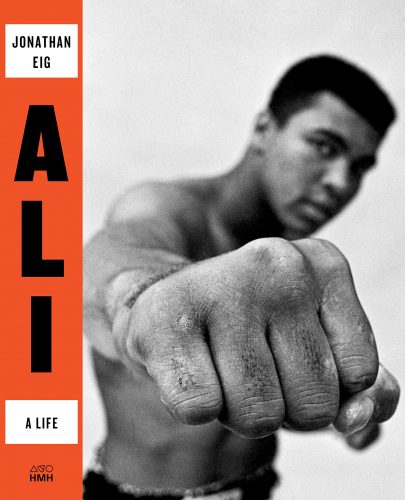
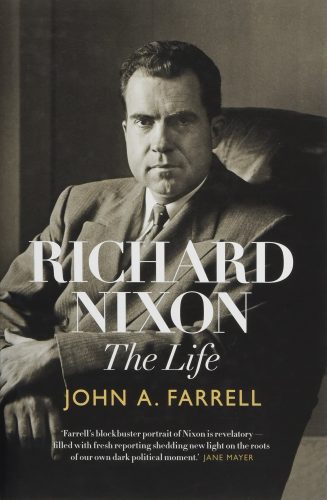
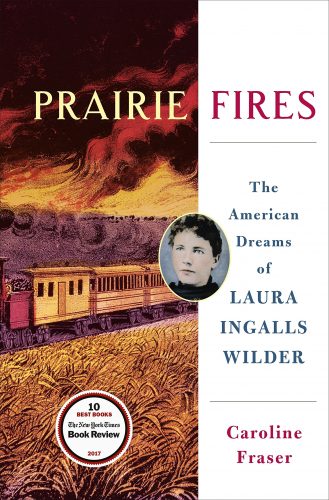
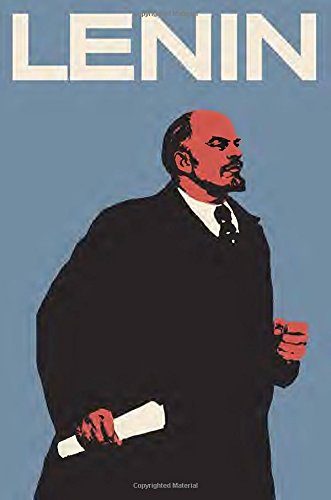
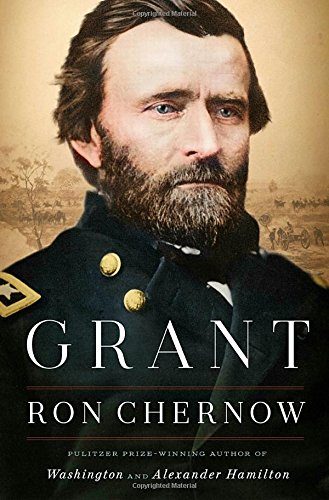
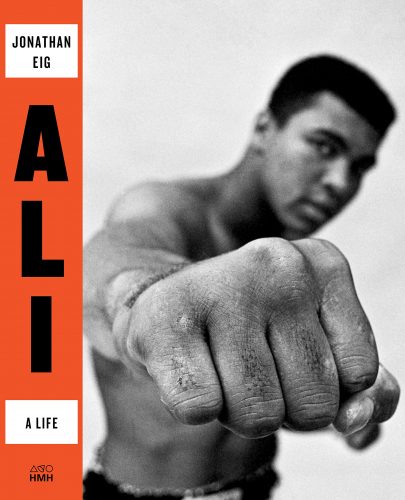
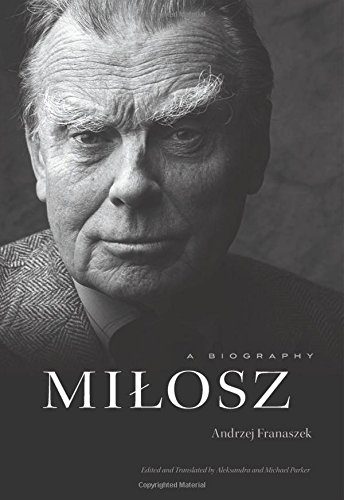
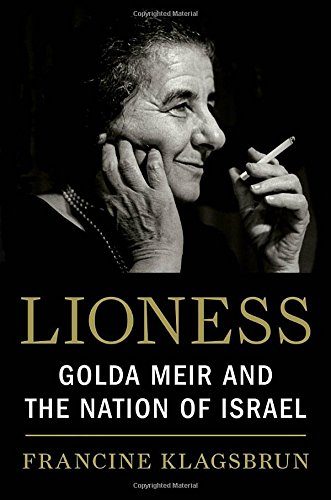
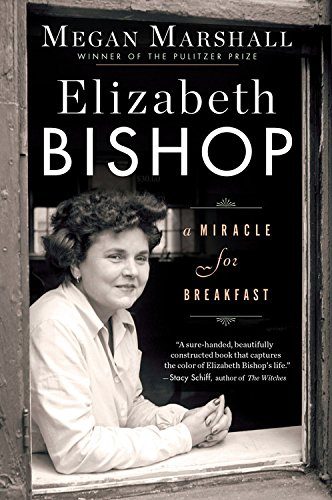

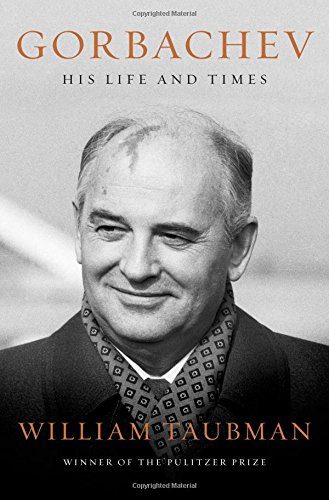
 Biographers International Organization will convene on the weekend of May 18–20, in Manhattan, for three days of discussion, camaraderie, and exploration. “BIO is especially pleased that this year’s conference will be hosted by CUNY and the Leon Levy Center for Biography,” said program co-chairs Heath Lee and John Farrell. “The scope of expertise that these two organizations, devoted to biography, bring to the table is stunning.”
Biographers International Organization will convene on the weekend of May 18–20, in Manhattan, for three days of discussion, camaraderie, and exploration. “BIO is especially pleased that this year’s conference will be hosted by CUNY and the Leon Levy Center for Biography,” said program co-chairs Heath Lee and John Farrell. “The scope of expertise that these two organizations, devoted to biography, bring to the table is stunning.”

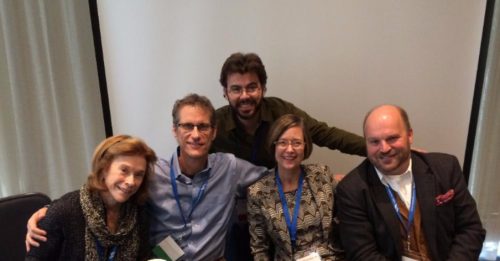
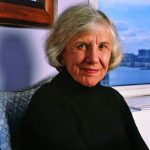 Deirdre Bair, who has written six biographies, is currently writing about her experiences while researching and writing Beckett (1978) and Simone de Beauvoir (1990). At the fall 2017 Dorothy O. Helly Work-in-Progress Lecture, presented by New York’s Women Writing Women’s Lives Seminar, she talked about her reasons for doing so and the challenges for a seasoned biographer who decides to become part of the story.
Deirdre Bair, who has written six biographies, is currently writing about her experiences while researching and writing Beckett (1978) and Simone de Beauvoir (1990). At the fall 2017 Dorothy O. Helly Work-in-Progress Lecture, presented by New York’s Women Writing Women’s Lives Seminar, she talked about her reasons for doing so and the challenges for a seasoned biographer who decides to become part of the story.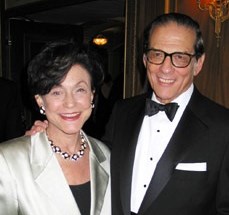 In honor of the work of Robert and Ina Caro, Biographers International Organization has set up an annual research and travel fellowship. BIO members with a work in progress can apply to receive funding for research trips to archives or to important settings in their subject’s lives. This fellowship is a reflection of BIO’s ongoing commitment to support authors in writing beautifully contextualized and tenaciously researched biographies.
In honor of the work of Robert and Ina Caro, Biographers International Organization has set up an annual research and travel fellowship. BIO members with a work in progress can apply to receive funding for research trips to archives or to important settings in their subject’s lives. This fellowship is a reflection of BIO’s ongoing commitment to support authors in writing beautifully contextualized and tenaciously researched biographies.